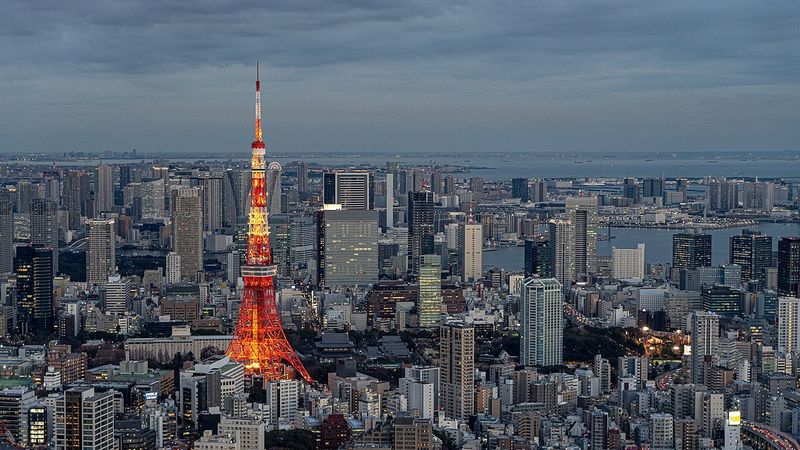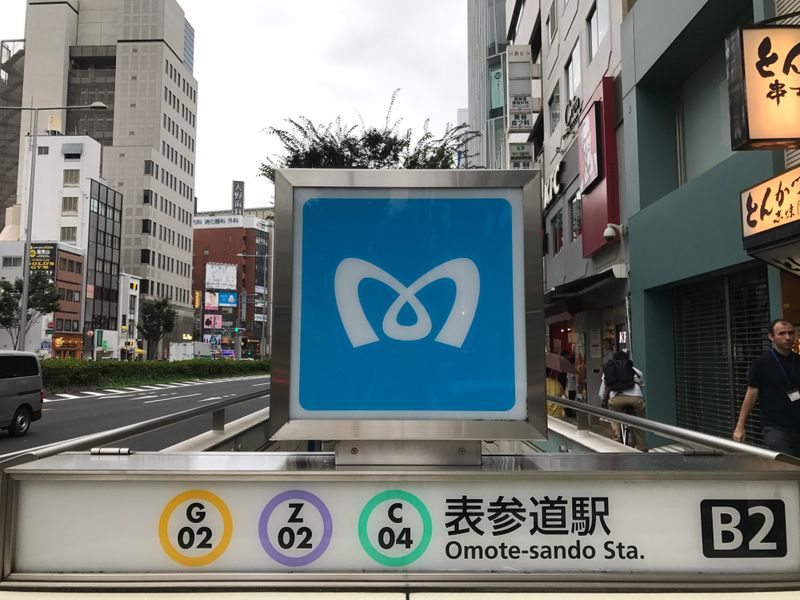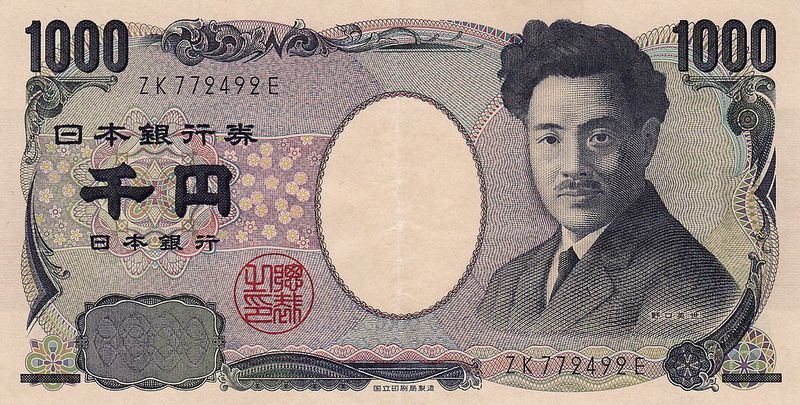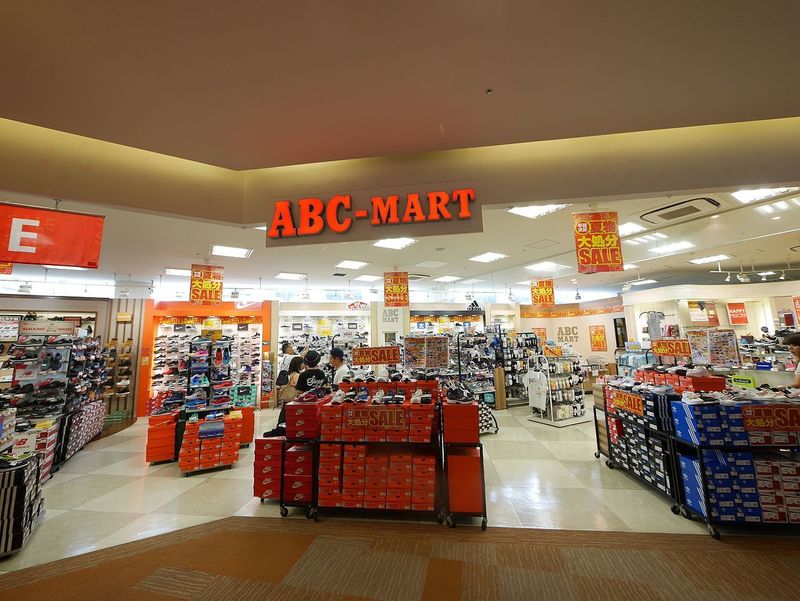Jun 24, 2020
Mercer’s Cost of Living 2020 Survey - how does Japan fare?
Japan often gets pegged with the reputation of being a highly expensive place to live, and Tokyo in particular is viewed as one of the world’s most costly cities. For the past 26 years, a survey has been conducted by Mercer, the leading provider of data on cost of living and housing for employees sent to work abroad (helpful for us expats!), and several of Japan’s largest urban areas feature highly on the list.
Mercer’s Cost of Living 2020 Survey measures the comparative cost of more than 200 items in various cities across the globe, including categories like housing, transportation, food, clothing, household goods, and entertainment. For transparency’s sake, New York City is used as the “base” for all comparisons, and currency fluctuations are pegged against the U.S. Dollar.
Where do Japan’s cities fall on the 2020 Mercer report?
Perhaps coming as no surprise, Tokyo appears close to the top of the list in third place, beaten out only by Hong Kong and Ashgabat, the capital of Turkmenistan. This was actually something of an improvement for Japan - the 2019 cost of living report had Tokyo in second place. Other Japanese cities featured in this year's report include Osaka in 22nd place (an improvement from 19th last year) and Nagoya in 26th place (they jumped up from 33rd spot last year).

As many may have expected, Tokyo featured highly on Mercer's annual Cost of Living Survey this year. Pic Credit: Prcmise / Wikimedia Commons / CC BY SA 3.0
2020 as a unique year for cost of living assessments
Mercer noted that there were some unique factors playing into cost of living assessments this year, courtesy of the impact of COVID-19 even very early on in 2020. Exchange rates have been volatile, and other coronavirus related impacts such as flight disruptions and shortages based on delivery schedules have affected the price of goods and services around the globe. Interestingly, the coronavirus also saw certain spending categories skyrocket, including comfort foods and cleaning supplies.

COVID-19 has been affecting various realms of life in 2020, including the cost of living around the globe. It's also had an impact on purchasing habits. Pic Credit: CDC / CC BY SA 3.0
What do the stats say about living in Tokyo?
If you’re planning a move to Japan, taking a look at the statistics on City-Cost can help you gauge what average incomes and expenditures look like. For example, in Tokyo, the average monthly income is 649,167 yen (just over $6,000 USD) with an average expenditure of 439,702 (around $4,115 USD). If you're based in Tokyo, is this on par with what you're bringing in each month?
Cost of living versus minimum wage
One thing that’s important to take into consideration when it comes to cost of living is wages - and in particular, a location’s minimum wage. Some expats in Japan work for international companies and receive housing allowances (or their companies pay for their housing entirely) - so maybe they don't provide an accurate representation of what it’s like to truly live on the economy somewhere. If we base the cost of living on minimum wage, it’s a little easier to see how it can be difficult for the average person to live in Tokyo.

Omotesando, one of Tokyo's ritziest and most central areas, has high rent costs.
The minimum wage as of 2020 in Tokyo stands at 985 yen. Minimum wage in Japan is set by prefecture, so as expected Tokyo sits in first place, Osaka comes in at number 2 with a minimum wage of 936 yen, and Aichi (where Nagoya is located) is fourth with a minimum wage of 898 yen. When I compare that to my home country of Australia, it seems rather imbalanced.
Australia works off a national minimum wage, which is currently set at $19.49 AUD - or approximately 1,430 yen at the time of writing, give or take a little to account for currency fluctuations. Yes, Australia is definitely up there as an expensive country to live in compared to many, but our highest city on this year’s cost of living survey is Sydney at number 66. Melbourne is next at number 99, closely followed by Perth at 104 and Canberra at 118. When converted, Australia’s minimum wage is almost 500 yen over Tokyo’s though - it seems like there’s a bit of a discrepancy there.

A big part of how easy it is to live somewhere is how much you can earn there. Tokyo’s minimum wage of 985 yen per hour doesn’t seem like all that much when compared to other countries with a cheaper cost of living.
Costs that expats have to bear in Japan
With any international move there are a host of expenses, both expected and unexpected -- but living in Japan has some unique costs that may not be faced when residing in other parts of the world. For instance, I know a number of expats who can't buy clothing or shoes on the economy here, since they're either too tall, have feet that are too large, or don't fit Japan's range of clothing sizes. A size medium in Australia equates to an extra large (or higher) in Japan, and most women's shoes here stop at LLL, which is around the equivalent of a US size 8.5. This means that folks outside the Japanese standard sizes usually order clothing from back home, and wear the costs of shipping fees along with import fees and taxes depending on the value of their purchases.

Japan has some unique cost of living expenses that many expats deal with - for instance, finding clothes or shoes that fit on the economy can be difficult. Pic Credit: 運転太郎 / Wikimedia Commons / CC BY SA 3.0
But is Tokyo really as expensive as reports would have you believe?
I think most expats would say that it really is a case of, “it is what you make of it." Personally, I lived in Tokyo for four years before moving to the Niigata countryside. Prior to Japan, I lived in Las Vegas in the USA, and Melbourne in Australia. In Tokyo, rent was the main expense that seemed drastically higher than other places for what you would get - centrally located places are much smaller than any of the other cities I’ve lived in. In saying that, other expenses were much cheaper. A quick example of this would be a family outing to the zoo. Tokyo’s Ueno Zoo has an admission fee of 600 yen per adult, and children aged between 0 - 12 years are free. Compare that to Melbourne Zoo, which has an admission fee of $38 AUD for adults (approximately 2,850 yen) and $19 AUD (approximately 1,400 yen) for children aged 4 to 15 years on weekdays - they only get free admission on weekends. You can see that Tokyo wins hands down in that regard, and I’ve found the same to be true of aquariums, museums, and a range of other family-friendly activities.
If you live in Tokyo (or Osaka, or Nagoya), how do you find the cost of living compared to what you’re used to in your home country? Are there certain categories which seem much more expensive or much cheaper - and which are they? Also - how does your country’s minimum wage compare to Japan’s figures?
Author: genkidesu
Greater insights and deeper experiences from voices in the City-Cost community.



0 Comments